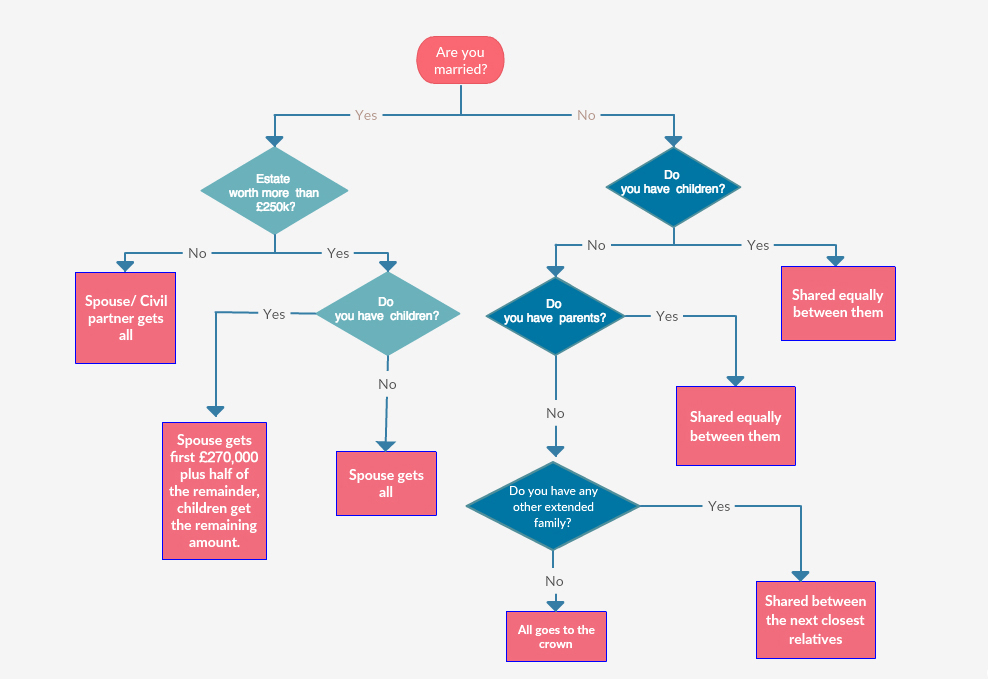A power of attorney can be set up to enable someone to look after your welfare and / or financial affairs. The person setting up the power of attorney is referred to as the donor, and can choose who they would like to look after their own financial affairs. The donor can also choose whether to grant this power immediately, or only in the event that they lose mental capacity in the future.
A power of attorney can also be set up to choose a person who will be responsible for making health and welfare decisions on the donor’s behalf. This power can only become effective from the date the donor loses mental capacity.
It is important to be aware that a power of attorney cannot be set up by someone who has already lost mental capacity.
The process for setting up a power of attorney is different dependent on which country in the UK you live.
If a power of attorney has not been set up before someone loses mental capacity, the courts can assign someone to look after a person’s financial affairs.
Setting up a power of attorney before this time is likely to be easier and will avoid the potential delays that could be involved in making applications to the relevant courts.
Setting up a power of attorney will also allow an individual to choose a person or number of people they would like to look after them. Further to this, they can choose to grant specific powers and make decisions about their health care treatment before they lose mental capacity.
If you would like to set up a power of attorney but are unsure about which type would be most suitable for your needs, you should seek legal advice.





